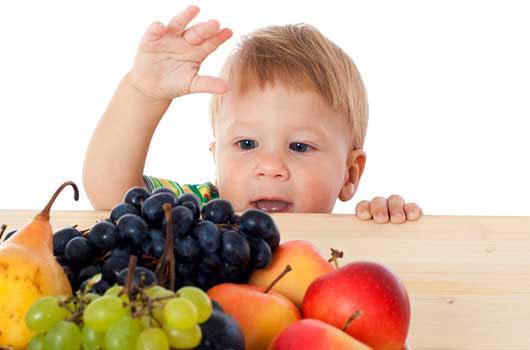The nutritional status of children with cancer is of great importance, because both cancer and its treatment can affect the child’s appetite, tolerance to food and the body’s ability to absorb nutrients.
A suitable nutrition can improve the clinical evolution, outcome and quality of life of patients undergoing cancer treatment. Recommendations during treatment may focus on eating foods high in energy, protein and micronutrients to help maintain nutritional status. The habitual nutritional advices include eating many fruit, vegetables and cereals, with a moderate consumption of meat, fatty products and milk derivatives.
The goal of nutritional intervention is to prevent adverse effects of malnutrition, increase tolerance to treatment, promoting growth in children and improve the quality of life during the course of therapy.
A delay takes place in the child’s growth, increased risk in children under 4 years due to malnutrition, medications such as corticosteroids, radiotherapy in the spinal column or lower limbs and cranial radiation therapy or the tumor itself.
Food in cancer is associated with side effects that occur during the illness and its treatment:
- In the case of diarrhea will opt for a soft diet, while for constipation have to prefer foods rich in fiber, basically.
- Some recommendations for nausea and vomiting go through start the day with dry food, avoid dairy foods, fried foods, sauces or foods high in fat. It is also advisable to take fresh air and promote rest and relaxation.
- In the alteration of the taste it is recommended to cook with soft spices, for the metallic taste are recommended strong flavors and enhance the taste of food with different sauces, among others. In addition to choosing the type of food and its preparation must take into account other advice such as make mouthwashes, avoid covered and metal utensils, masking the flavor of certain food, etc.
- Mouth irritation, sore throat or mouth sores: if your child has these problems, to consume lukewarm or cold soft food of soft consistency can relieve these problems, such as creamed soups, cheese, mashed potatoes, macaroni and cheese, yogurt, eggs, creme caramels or custards, puddings, cooked cereals, stews. Serve drinks with a straw to avoid contact with the mouth sores. Avoid drinks and bitter, acidic and salty foods.
- Problems of swallowing (swallow food): It is advised that meals are of small quantities and frequent. Food in the form of pure or liquid mostly.
- Dry mouth or thick saliva: To alleviate this problem should drink enough water, and add broth, soups, sauces, yogurt or cream to moisten meals. Limit consumption of caffeinated beverages such as coffee, tea, carbonated drinks (sodas) and chocolate.
